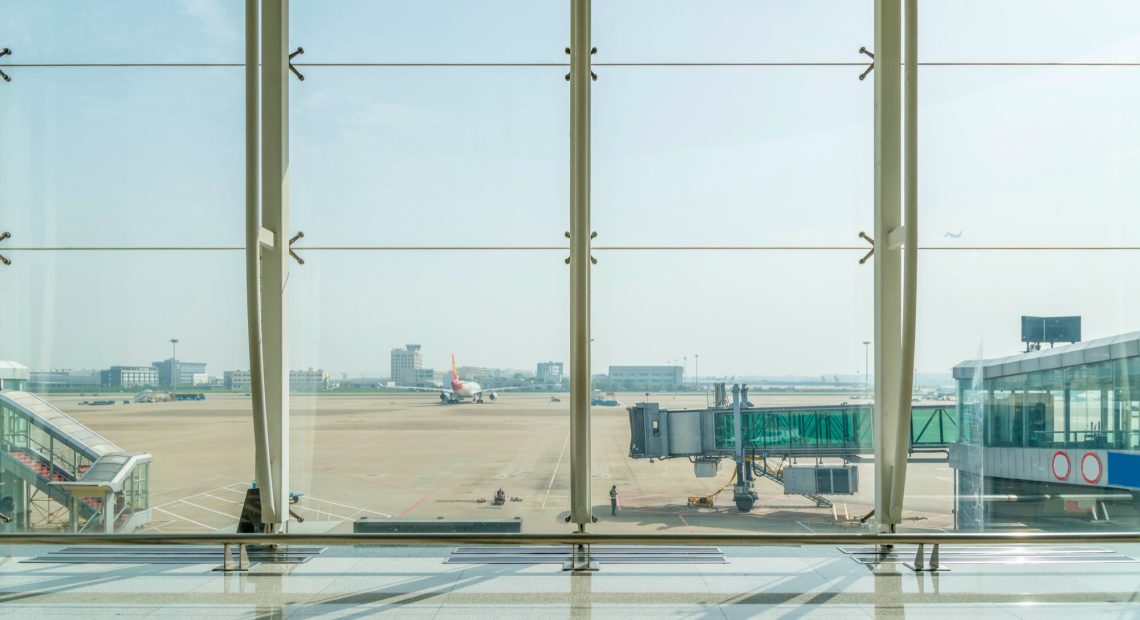
UAE Airlines Suspend and Reroute Flights After Israel’s Strikes on Iran
UAE-based airlines, including Emirates and flydubai, have cancelled, suspended, or rerouted multiple flights after Israel launched coordinated airstrikes on Iranian nuclear and military targets. The airspace over several Middle Eastern nations was immediately closed for civilian traffic, prompting widespread disruption across international routes.
UAE Carriers React Swiftly
The airspace closures over Israel, Iran, Iraq, and Jordan led to rapid adjustments by major Gulf carriers. Emirates, flydubai, and other regional airlines cancelled flights to cities including Tehran, Baghdad, Amman, Beirut, Damascus, and Tel Aviv. Flights en route to the Gulf and South Asia were forced to divert through Central Asia or circle back to their points of origin.
An Emirates flight from Manchester to Dubai had to land in Istanbul, while a flydubai flight from Belgrade was rerouted to Yerevan. Carriers cited “safety and operational reasons” behind these sudden changes, as the volatile regional conditions posed significant risk to commercial aviation.
Major Disruptions in Flight Patterns
Flight tracking services indicated dozens of aircraft rerouting in real time, causing confusion among passengers and airlines. Travelers faced long delays and rebooking chaos at international transit hubs. In some cases, flights had to turn back mid-journey due to last-minute airspace closures.
Airports in the UAE, already operating at peak capacity, were forced to accommodate stranded passengers and additional aircraft. Airline customer service teams scrambled to provide alternatives, while aviation authorities issued advisories urging passengers to check flight status before heading to the airport.
Regional Airspace Under Strain
The Middle East serves as a major conduit for global air traffic between Europe and Asia. With key air corridors through Iraq and Jordan shut, airlines were forced to reroute through longer, costlier paths. Experts estimate that over 1,400 flights per day depend on these regional corridors, making the impact both immediate and far-reaching.
Industry Warns of Rising Risks
Aviation analysts warned that the simultaneous presence of military activity and commercial airliners increases the risk of miscalculation. Past incidents in conflict zones have shown how vulnerable civilian planes can be to errors during tense standoffs. Authorities have called for continued risk assessments and greater coordination between civil aviation agencies and defense ministries.
No Clear Timeline for Resumption
As of now, there is no confirmed timeline for when normal air traffic through the affected regions will resume. UAE carriers have announced ongoing reviews and stated that flight resumption will depend on further safety clearances and de-escalation in the geopolitical situation.


















